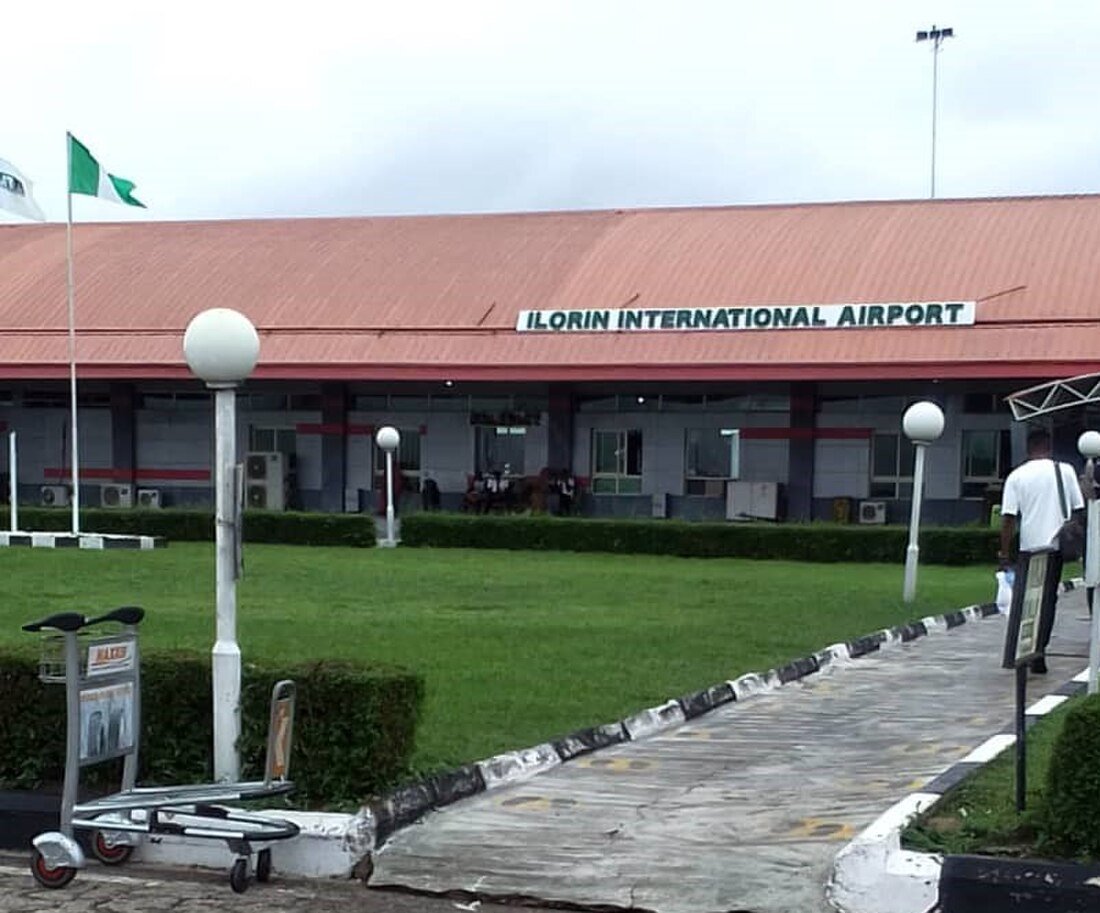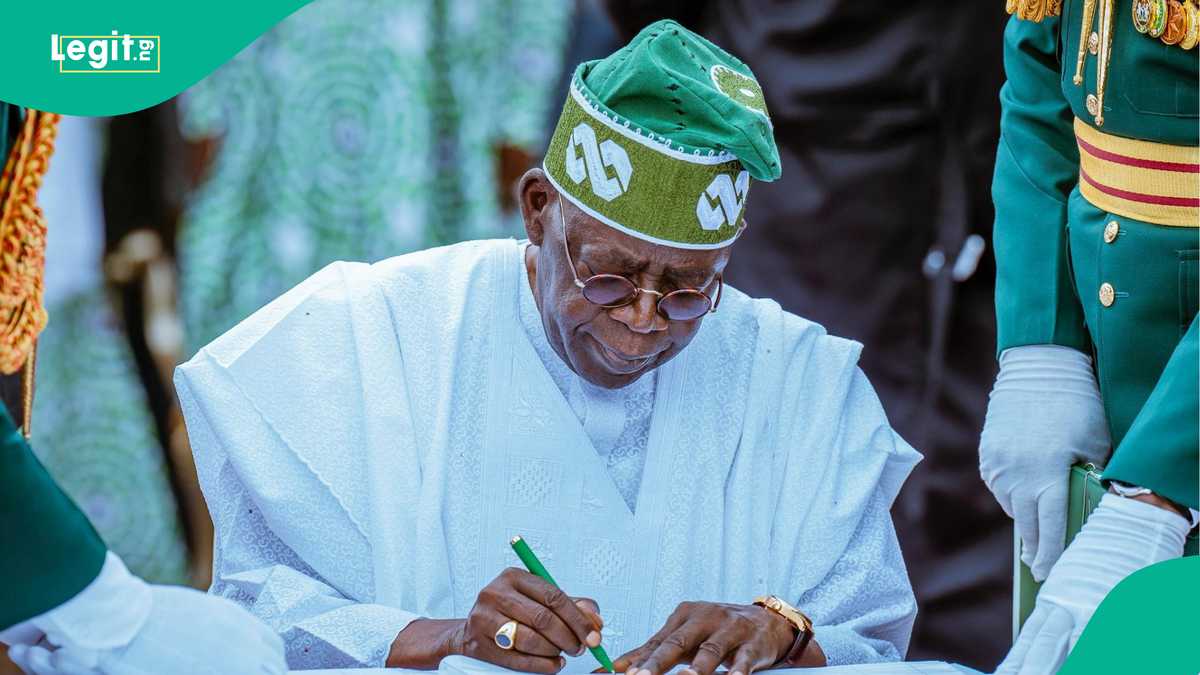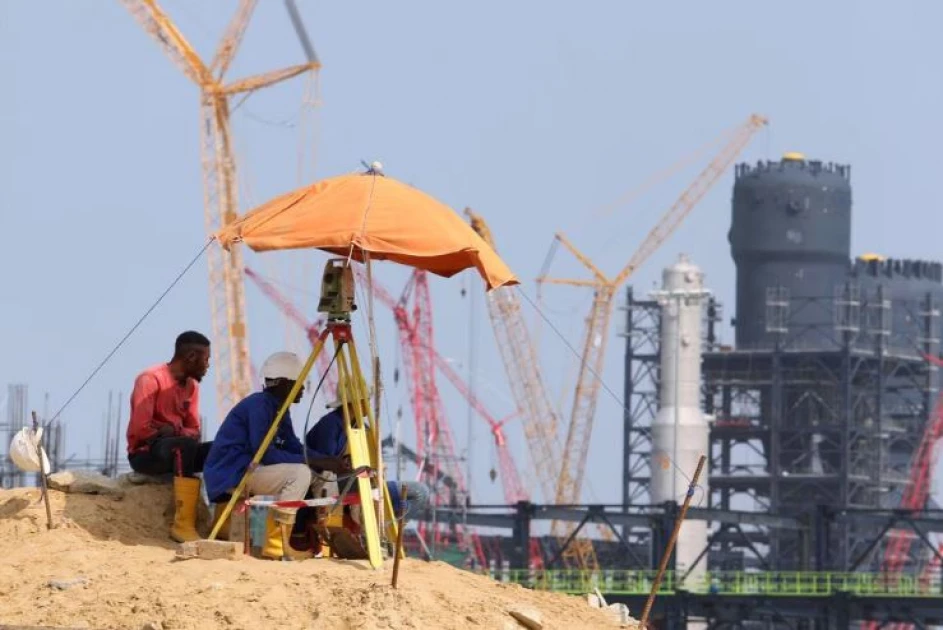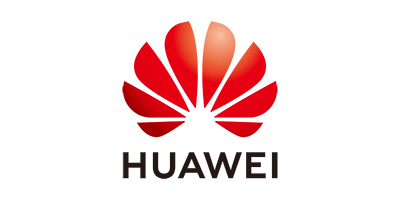I stand for just, fair energy transition that ensures economic growth while advancing decarbonization - Izedonmwen
brings a distinguished pedigree in both technology and energy. A former Operations Manager at ExxonMobil, he is now the founder and Chief Executive of Teesas Inc., an education technology firm with a growing footprint across Africa. He also chairs Imose Technologies, West Africa’s largest indigenous brand of tablets and smartphones, which recently secured a Mobile Virtual Network Operator (MVNO) licence as it prepares to enter Nigeria’s competitive GSM market. In this interview with , he spoke on the role education technology plays in driving inclusive economic growth in Nigeria, among other issues. Excerpts:
The robust experience I garnered working for a large multinational organization has shaped my perspectives and capabilities with respect to identifying opportunities and maturing the same, using structured frameworks to deliver sustainable results. I believe that technology and education, regardless of the sector, whether tech, education or manufacturing, will be key drivers of Nigeria’s sustainable growth. Additionally, the scaling of indigenous businesses, homegrown innovation and reducing Nigeria’s reliance on imports are extremely necessary for Nigeria’s economic evolution. Finally, Nigeria today presents the kind of opportunities that Asian countries exhibited in the late 1990s and as such, offers a fertile ground to pursue business growth across several sectors.
My transition was driven by a passion to solve everyday problems that Nigerians face. I founded Imose Technologies before Teesas. Imose Technologies is about 10 years old, so I’d like to begin there. I have told this story at several forums. As you are aware, with the rapid penetration of GSM in Nigeria, landlines became non-existent. However, my wife and I wished we could speak with our young children while we were at work, but they were too young to own mobile phones.
Being engineers, we asked, “What if we had desktop phones that used SIM cards?” We decided to create one. That product is the Imose IM-10 Desktop GSM Phone, which you see in many establishments and homes today. From that product, the Imose product range has grown to include feature phones and smartphones; the Omotab tablet, which has become the highest-selling children’s educational tablet in West Africa; the Opor tablet, designed for business owners and professionals; the X3 tablet, featuring a detachable keyboard and also suited for children; the Zedon X-Pro laptop PC; as well as routers and MiFis.
While Imose was growing steadily, the COVID-19 pandemic happened. The lockdown left us no choice but to embrace digital learning. Since Imose already produced hardware – the Omotab Tablets – again, we asked, “What if we created an app with educational content aligned to the national curriculum and bundled with the Omotab? We went ahead and named the app Teesas from the Bini word for teacher, Éteesa. Today, Teesas Education has evolved from a B2C company, now also serving private schools and working with subnationals to transform education in the public sector.
Education technology is a unifier and enabler. It gives everyone access by reducing structural barriers that may limit the quality and delivery of education to learners, especially in underserved communities. That is why our mission at Teesas Education is to liberalise access to quality education across Africa, and our slogan is, Africa’s Learning Gateway. It is also transformative. For instance, if our Education Management System (EMS) is deployed in all the public schools of a state, it means that lesson delivery will be consistent because all lesson plans will be standardized and scripted lessons delivered to teachers via the EMS and tablets. Teachers will also clock in, check class timetables, and take students’ attendance, all on the EMS. The result will be increased interactivity in classrooms and accountability among teachers and students, leading to improved learning outcomes. The ripple effect would be economic growth because an educated workforce is a productive workforce. A major investment that countries like India and Singapore made to transform their economies was to invest in education.
Teesas Education Learning Centres are key training hubs and Applied Learning Clusters (ALC) within the 3 million Technical Talents, 3MTT, initiative being championed by the Federal Ministry of Communications, Innovation & Digital Economy, under the leadership of Dr. ’Bosun Tijani. At Teesas Education Learning Centres across the country, youths receive hands-on training in Product Management, UI/UX Design, Software Development, Artificial Intelligence and Machine Learning (AI/ML), Cloud Computing, Game Development, Data Analysis, Animation, and Quality Assurance. These skills position participants to thrive in the evolving Global digital workforce.
Nigeria’s regulatory policies play a crucial role in shaping innovation in the education sector, particularly in EdTech and digital learning. The National Digital Learning Policy, introduced by the Federal Ministry of Education, promotes the use of digital technology for teaching and learning. Furthermore, the National Policy on Education and the Nigerian Communications Act provide a framework for integrating technology into education, promoting quality standards and innovation. However, there are challenges like limited access to internet connectivity, which is slowing down the adoption of EdTech solutions. Furthermore, recent policy initiatives by the Federal Ministry of Education to introduce Computer-Based Tests (CBT) for secondary school exit exams will greatly improve the integrity of such exams and foster a greater awareness of technology in young learners.
The challenges are familiar to every Nigerian – high electricity tariffs and inconsistent power supply, foreign exchange constraints, and infrastructure deficiencies – so I won’t dwell on them. However, amid these challenges, there are basic needs that must be met. For instance, while some foreign consumer goods brands exited the market, some local players quickly filled the gap. Nigeria has an abundance of natural resources that offer opportunities for manufacturing and industrialization. Above all, there’s a large consumer market with a young population. Indigenous companies only need to invest in research and development to create quality locally produced goods that are affordable and accessible to this growing local market. At Imose, we have a relentless focus on indigenous adaptations with the sole aim of identifying local pain points, adapting solutions to address the customer’s needs and delivering products that are affordable, priced with high quality in mind.
The Renewed Hope Nigeria First Policy, introduced by President Bola Tinubu, is a major policy shift that we, at Imose Technologies, welcome as it aims to prioritize Nigerian businesses. Indigenous tech manufacturing companies will get more opportunities for government contracts, leading to increased local production and more employment opportunities. The initiative also supports innovation and technology transfer provisions will ensure that Nigeria benefits from foreign expertise while developing its own capabilities. Indeed, there are other areas that need additional focus, such as improving access to steady power supply and developing consumer credit schemes to enhance purchasing capacity.
As I stated earlier, Imose has been in the market for about a decade, providing direct employment to over 300 people, 48 per cent of whom are women and indirect employment through its 300 dealers nationwide. By investing in research and development, Imose fosters employment in software development, product design, and technical support. We also provide technical skills training programs which equip our employees with valuable tech skills, increasing employability in the broader industry. The multiplier effect of Imose’s operations on the local economy is visible in the stimulation of demand for local suppliers, including component manufacturers, packaging companies, and logistics providers.
The Mobile Virtual Network Operator (MVNO) model, by its very nature, is designed to drive digital inclusion, offering affordable and accessible mobile services to a broader audience. By leveraging existing network infrastructure, MVNOs can provide competitive pricing and innovative packages that cater to consumers. This approach bridges the digital divide by creating a more connected and informed society. As technology continues to evolve, MVNOs will play a crucial role in ensuring that everyone, regardless of their socioeconomic status, can benefit from the digital revolution. This inclusivity will empower individuals, promote education, and support economic growth, ultimately contributing to a more equitable and sustainable nation.
I believe the strength of an MVNO will lie in its ability to serve consumers in hard-to-reach areas, which are locations that currently do not make business sense for MNOs. MVNOs will thrive by providing targeted offerings and focusing on niche markets, such as rural connectivity, and creating specialized solutions that traditional operators may overlook.
Telecom innovation supports agriculture by increasing marketing access. Through digital platforms, farmers can connect directly to buyers, reducing reliance on middlemen and consequently increasing profits while also reducing waste, as perishables are sometimes damaged or lost in storage. They can also access credit and insurance through mobile banking and digital payment systems. In the health sector, telemedicine services are not new to us. Rural patients can consult doctors remotely, reducing travel costs and improving healthcare access. Through Health Information Systems, patients can receive real-time health updates, disease prevention tips and vaccination reminders. Rural connectivity will also support rapid communication for medical emergencies and disaster relief. These innovations already exist in the market; they just need to be deepened.
The existing Teesas Education and Imose Technologies collaboration embodies how telecom innovation supports education in Nigeria’s rural areas. By combining EdTech innovation with local hardware manufacturing, this partnership can address accessibility, affordability, and digital inclusion in underserved communities. Teesas provides digital learning platforms that allow students in rural areas to access quality educational content aligned to the national curriculum, on and offline.
According to the publicly available data, Africa contributes less than 4% to global emissions, yet it faces severe climate impacts. With millions lacking electricity, Nigeria has argued that a gradual transition is necessary to balance clean energy adoption with economic stability. As such, I stand for a just and fair energy transition – one that ensures economic growth while advancing decarbonization. However, a speedy implementation of Nigeria’s Energy Transition Plan, using natural gas as a bridge fuel to cleaner alternatives, is recommended. This will ensure energy security while reducing emissions.
I believe the answer to the previous question already addresses this.
Diversification of energy sources is one area Nigeria should consider. Countries like Germany and the U.S. have reduced reliance on single energy sources by investing in renewables, natural gas, and nuclear energy. Nigeria can expand its solar and hydroelectric capacity while maintaining natural gas as a transition fuel.
Nigeria’s investment climate for tech and manufacturing startups continues to evolve. Over the last decade, investor interest has grown in digital solutions. Government initiatives, including the Startup Act, aim to create a more enabling environment for tech entrepreneurs. While private funding has fluctuated in recent years, with some sectors experiencing a decline, key areas like fintech, EdTech, and renewable energy have remained attractive. Nigeria’s large, youthful population and high-demand market continue to drive investment interest, solidifying the country’s role as a regional hub for innovation and industrial expansion.
Power supply, transportation and logistics, and telecom infrastructure must be addressed to drive economic diversification. With power, every sector, especially manufacturing, will thrive. There’s no industrialised nation that has unreliable electricity. Furthermore, good road networks, rail, modern ports, and efficient logistics systems can enhance trade and industrialization. Expanding broadband access and strengthening mobile network coverage in rural areas will also boost financial inclusion and e-commerce.
Public-private partnerships can improve access to finance. The Bank of Industry (BOI) is doing phenomenal work by creating low-interest loans for the engineering and technology sector, agro and food processing, solid minerals and mining, petrochemicals, and oil and gas, a wemong others. Public-private partnerships can also support research and development (R&D) initiatives to foster innovation in sectors like manufacturing and tech. It could also extend to a collaboration between educational institutions and private firms to drive skill development and industrial innovation. For instance, Imose set up a tablet assembling plant at the Benin Technical College in Edo State, which trains students in tablet assembly and smart device repairs, equipping them with valuable skills for employment and entrepreneurship.
I envision a Nigerian economy where indigenous businesses are thriving, driven by policies like the Renewed Hope Nigeria-First initiative that empower entrepreneurs and manufacturers. Beyond government establishments, more Nigerians actively embrace and prioritize the purchase of locally made products, fuelling economic growth, industrialization, and job creation—a mind shift that strengthens local industries, fosters innovation, and positions Nigeria as a self-sustaining economy.
How do you plan to expand the impact of Teesas and Imose across Africa while contributing to national development in Nigeria?
Teesas currently operates in Nigeria and Kenya, while Imose devices are used in Nigeria and neighbouring West African countries. We approach expansion with intention, guided by consumer insights and market acceptance, rather than pursuing growth for its own sake. While it may be appealing to be labelled “an African company operating in multiple markets,” we recognise that expanding too quickly or too broadly could hinder sustainability.











